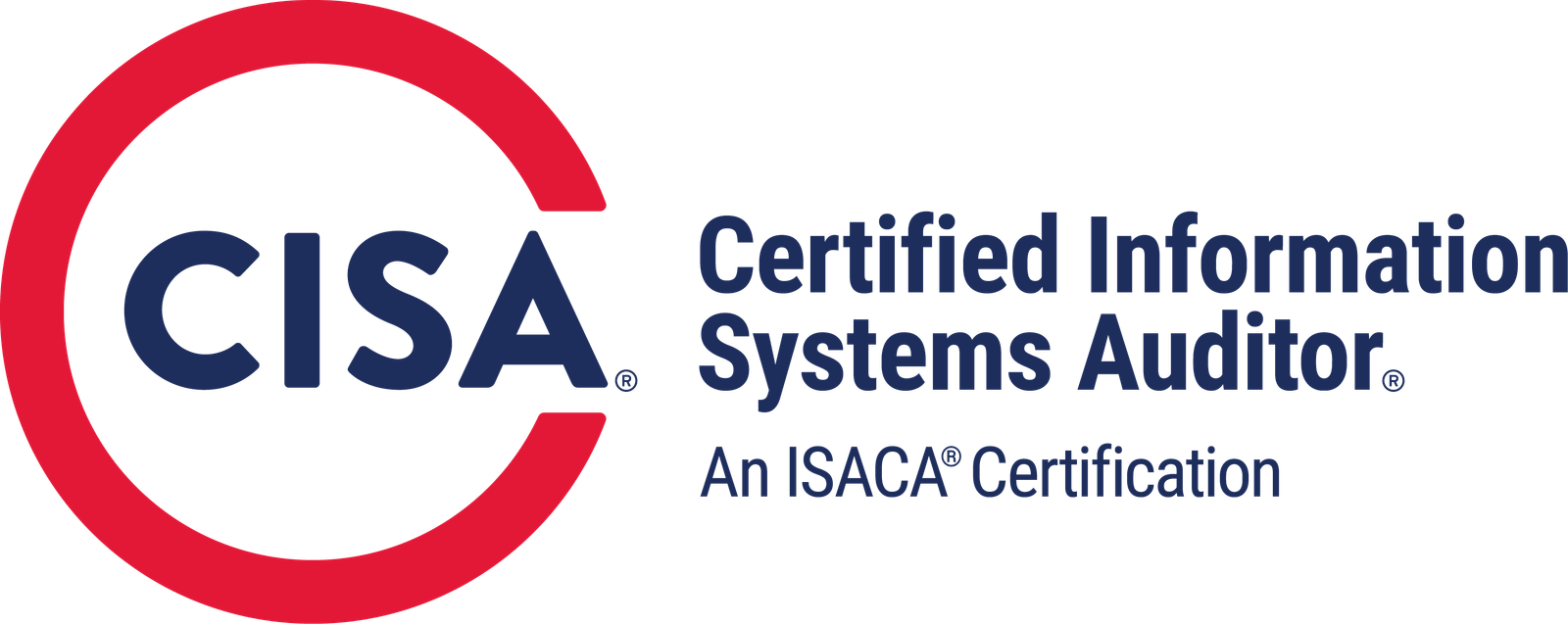Course Overview
The Certificate of Cloud Security Knowledge (CCSK) Foundation course is an in-depth educational program designed for individuals who want to gain a strong understanding of cloud security. It covers key concepts, best practices, and provides a comprehensive framework for securing cloud environments. The course equips learners with the necessary tools and knowledge to effectively manage security in a cloud computing environment, providing a solid foundation for professionals looking to enhance their skills in the rapidly evolving domain of cloud security.
Course Prerequisites
Certainly! Based on the context provided for the Certificate of Cloud Security Knowledge (CCSK) Foundation course, here are the minimum required prerequisites that participants should have before undertaking this training:
- Basic understanding of security fundamentals, such as confidentiality, integrity, and availability principles.
- Familiarity with IT governance and risk management concepts.
- Awareness of common legal and regulatory requirements related to IT and data security.
- Knowledge of traditional IT operations and infrastructure, including an understanding of networking, virtualization, and data center operations.
- An understanding of the general concepts of cloud computing, including Software as a Service (SaaS), Platform as a Service (PaaS), Infrastructure as a Service (IaaS), and the different cloud deployment models (public, private, hybrid, community).
- It is beneficial to have some experience or knowledge of IT compliance and audit processes.
- Prior exposure to or experience with information security controls and incident response is helpful.
Please note that these prerequisites are not intended to be barriers to entry but rather to ensure that participants can fully benefit from the course content. The course is designed to build upon these foundational concepts to provide a comprehensive understanding of cloud security knowledge.
Learning Objectives – What you will Learn in this Certificate of Cloud Security Knowledge (CCSK) Foundation?
Introduction to the Course’s Learning Outcomes and Concepts Covered
Gain expertise in cloud security with the CCSK Foundation course, covering cloud computing concepts, risk management, legal issues, compliance, and incident response tailored for cloud environments.
Learning Objectives and Outcomes
- Understand the fundamental concepts of cloud computing, including definitions, architectures, and security responsibilities across various service and deployment models.
- Learn the principles of cloud governance and how to implement enterprise risk management strategies within cloud environments.
- Navigate legal frameworks relevant to cloud computing, focusing on data protection, privacy, and cross-border data transfer restrictions, including GDPR compliance.
- Master the skills for managing compliance and audits in cloud environments, recognizing how traditional compliance models are adapted for the cloud.
- Develop an information governance strategy that includes understanding the data security lifecycle, data locations, entitlements, and control mechanisms.
- Learn to design business continuity and disaster recovery plans that are effective in cloud scenarios, ensuring resilience and the security of the management plane.
- Acquire knowledge of infrastructure security, including cloud network virtualization, virtual appliances, and the benefits of software-defined networking (SDN).
- Understand the implications of virtualization and containerization on cloud security, including provider and user responsibilities.
- Prepare for cloud-specific incident response, including adapting the incident response lifecycle for the cloud’s unique challenges.
- Explore application security in a cloud context, including secure software development lifecycle (SSDLC) practices, vulnerability assessment, and penetration testing tailored for cloud services.
- Understand data security and encryption methods for protecting data in the cloud, managing data migration securely, and implementing appropriate encryption mechanisms.
- Learn about identity, entitlement, and access management (IAM) standards and practices for cloud computing to ensure robust access controls.
- Familiarize with Security as a Service (SECaaS) offerings, understanding how to leverage these solutions effectively within cloud architectures.
- Stay informed about related emerging technologies that impact cloud security and how they can be integrated into a secure cloud strategy.
Target Audiance
- IT Security Professionals
- Cloud Security Architects
- Governance and Compliance Analysts
- Risk Management Officers
- IT Auditors
- Network Architects
- Cybersecurity Analysts
- Data Privacy Officers
- Legal Professionals specializing in IT
- Cloud Computing Consultants
- IT Managers and Administrators
- Application Developers with a focus on cloud applications



 4.8
4.8

